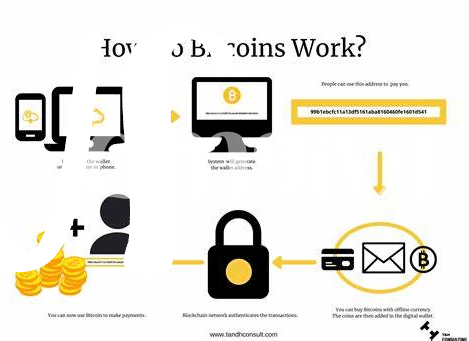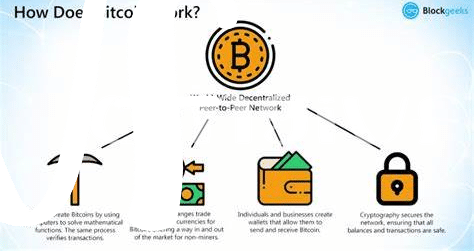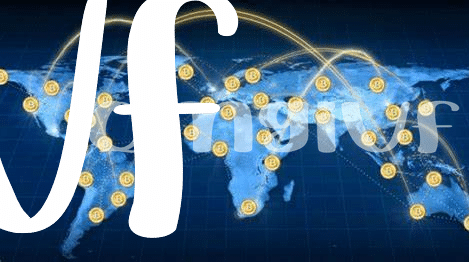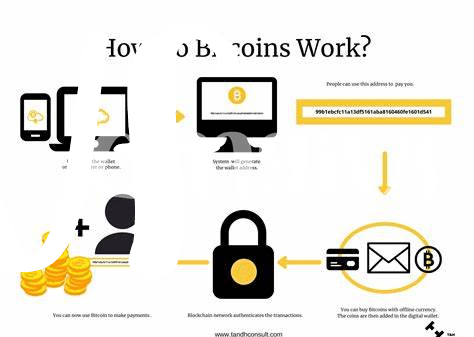🌍 Exploring the Power of Bitcoin in Global Politics

Imagine a world where the money in your wallet could tip the scales of international power. That’s the world we live in with Bitcoin. This digital currency is more than just a way to buy things online. It’s becoming a heavyweight in global politics, allowing countries and individuals to connect and make transactions without the need for traditional banks or governments to step in. This means that, for the first time, there’s a form of money that isn’t controlled by any one country, changing the way we think about economic power on the world stage.
| Aspect | Impact |
|---|---|
| Decentralization | Reduces control of individual governments over global finance |
| Anonymity | Offers privacy in transactions, complicating tracking and sanctions |
| Global Reach | Facilitates international trade and support even in isolated regions |
With Bitcoin, small countries can stand up to bigger ones by bypassing traditional financial systems that can be easily controlled or influenced. It’s like suddenly discovering a hidden path in a minefield, providing a new route for financial independence and sovereignty. This shift challenges the old guard of global politics, introducing a new era where the currency is a tool of empowerment and not just economic exchange.
🚫 How Sanctions Shape Economies and International Relations
Imagine a global game, where countries can put a time-out on others, affecting how they play in the world’s economic playground. This is what sanctions do. They are like a powerful pause button that one country, or a group of countries, can press to try and change another country’s actions. These sanctions can make it hard for the targeted country to buy what it needs from other countries, or sell its own goods, which can lead to tough times for its economy and people.
But it’s not just about money. Sanctions are like ripples in a pond, touching more than just economies. They can strain relationships between countries, making future teamwork difficult. Sometimes, they can even change the course of history, by pushing countries to find new friends or develop their own solutions. The world of international relations is like a delicate balance, and sanctions are one of the tools that can tip the scales, for better or worse.
💻 Bitcoin: a Tool for Dodging Economic Punishments?

Imagine you’re playing a big game of Monopoly, but suddenly, you’re told you can’t pass ‘Go’ or collect $200. That’s a bit like how sanctions work; they stop countries from doing business smoothly, impacting their economies. Here’s where Bitcoin comes into play, like sneakily moving around the board without the other players noticing. It offers a way for these countries to still buy and sell, kind of like having a secret path under the board. This new move is changing the game’s rules, making it tougher to control.
The beauty and concern with Bitcoin lie in its secrecy and borderless nature. 🌐 Just as the internet made it possible to send a message to someone across the globe without asking permission, Bitcoin lets money flow without the usual checks and stops. 🚀 But, as with all powerful tools, there’s a flip side. While it can help countries dodge economic roadblocks, it also brings up a lot of questions about fairness and security. 👀 It’s a double-edged sword; it can provide relief but also create new challenges in ensuring that this freedom isn’t misused.
💡 the Benefits and Risks of Using Cryptocurrency

Diving into the world of digital money, we see two sides to the coin. On one hand, cryptocurrencies like Bitcoin offer a unique opportunity for individuals and nations alike. They’re like having a magic key to a secret room where you can keep your money safe, away from prying eyes. This means people in countries with unstable economies or those facing hefty sanctions can protect their wealth and even make transactions without the usual barriers. It’s a game changer, making financial interactions as easy as sending a text message. However, with great power comes great responsibility. The anonymity and lack of oversight that make Bitcoin appealing also open doors to misuse. Without the right checks, it’s like a Wild West, where anything goes, from dodging taxes to fueling illegal activities. For a deeper dive into how this plays into bigger issues like bitcoin and political donations, check out bitcoin and political donations explained. Selecting Bitcoin as a financial tool is a walk on a tightrope, where balancing benefits and risks is key to not falling into the abyss of misuse and regulatory backlash, shaping a cautious yet optimistic future.
📈 Bitcoin’s Impact on the Future of Sanctions
Imagine a world where countries, when faced with economic sanctions, decide to take an alternate route. This is where Bitcoin, a digital currency, steps in, altering the traditional ways sanctions influence a nation’s economy. Unlike regular money controlled by governments, Bitcoin gives countries and their people a way to trade and invest without restrictions. It’s like having a secret passage when the main road is blocked. But, it’s not all smooth sailing, as this shift brings a mix of hope and concern.
As we delve into the pros and cons, consider this: Bitcoin offers freedom from sanctions, allowing for economic activities to bloom in restricted zones. On the flip side, it also raises big questions about monitoring illegal transactions and ensuring fair play. The table below simplifies the benefits and risks associated with using cryptocurrencies like Bitcoin in the context of sanctions.
| Benefits | Risks |
|---|---|
| Facilitates trade in sanctioned countries | Hard to track illegal activities |
| Empowers economies to bypass restrictions | Volatility in cryptocurrency value |
| Reduces dependency on traditional financial systems | Risk of further international isolation |
In this evolving scenario, Bitcoin could redefine the rules of economic sanctions, urging nations to reconsider their approach towards imposing restrictions.
🌐 Creating a New Balance in Geopolitical Strategies

In the intricate world of global politics, Bitcoin is emerging as a significant player, reshaping the fabric of conventional geopolitical strategies. As countries around the world grapple with the increasing challenges posed by sanctions, the decentralized nature of Bitcoin offers an intriguing alternative for maintaining economic stability and sovereignty. This shift towards cryptocurrency could potentially level the playing field, particularly for nations that have been marginalized in the global financial system. However, the journey towards this new balance is fraught with complexity. The embrace of Bitcoin and similar cryptocurrencies necessitates a reevaluation of existing financial regulations, cybersecurity measures, and the ethical implications of bypassing traditional economic systems. By fostering a more inclusive economic environment, Bitcoin holds the promise of diluting the impact of unilateral sanctions and encouraging a more equitable global order. Yet, the road ahead requires careful navigation to ensure that this digital revolution does not exacerbate existing inequalities or undermine global efforts to maintain peace and stability. For a deeper understanding of the ongoing debates surrounding Bitcoin, consider exploring the intricacies behind its challenges and misconceptions through bitcoin myths debunked explained, providing a clearer perspective on its role in the future geopolitical landscape.
